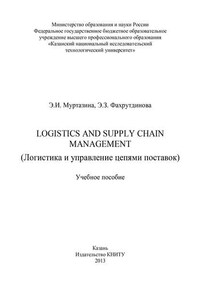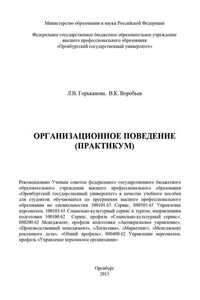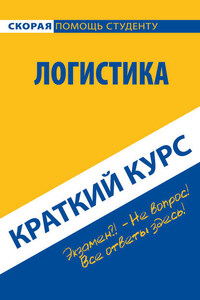UNIT 1
INTRODUCTION TO LOGISTICS
1. Read the following international words. Define their meanings comparing them to the meanings of the corresponding Russian words:
concept, control, courier, deterioration, distribution, effective, formal, financial, geographical, information, integration, logistics, machine, material, organization, personnel, plan, positioning, practical, process, product, resource, service, strategy, system, transportation, uniform.
2. Complete the following table using suitable forms:
3. Translate English words and phrases in column A using Russian words and phrases from column B:
4. Observe the words and phrases from the text “Logistics”:
5. Read and translate the text:
Logistics
Logistics is the management of the flow of goods, information and other resources between the point of origin and the point of consumption in order to meet the requirements of consumers. Logistics involves the integration of information, transportation, inventory, warehousing, material handling, and packaging, and occasionally security. Logistics is a channel of the supply chain which adds the value of time and place utility.
A professional working in the field of logistics management is called a logistician. Professional logisticians are often certified by professional associations. Some universities and academic institutions train students as logisticians, offering undergraduate and postgraduate programs. The main functions of a qualified logistician include inventory management, purchasing, transportation, warehousing, consultation and the organizing and planning of these activities. Logisticians combine a professional knowledge of each of these functions to coordinate resources in an organization.
The Oxford English Dictionary defines logistics as "the branch of military science having to do with procuring, maintaining and transporting materiel, personnel and facilities." Another dictionary definition is "the time-related positioning of resources." As such, logistics is commonly seen as a branch of engineering that creates "people systems" rather than "machine systems.
Logistics is considered to have originated in the military's need to supply themselves with arms, ammunition and rations as they moved from their base to a forward position. The term logistics comes from the Greek logos (λόγος), meaning "speech, reason, ratio, rationality, language, and phrase". In ancient Greek, Roman and Byzantine empires, military officers with the title Logistikas were responsible for financial and supply distribution matters.












